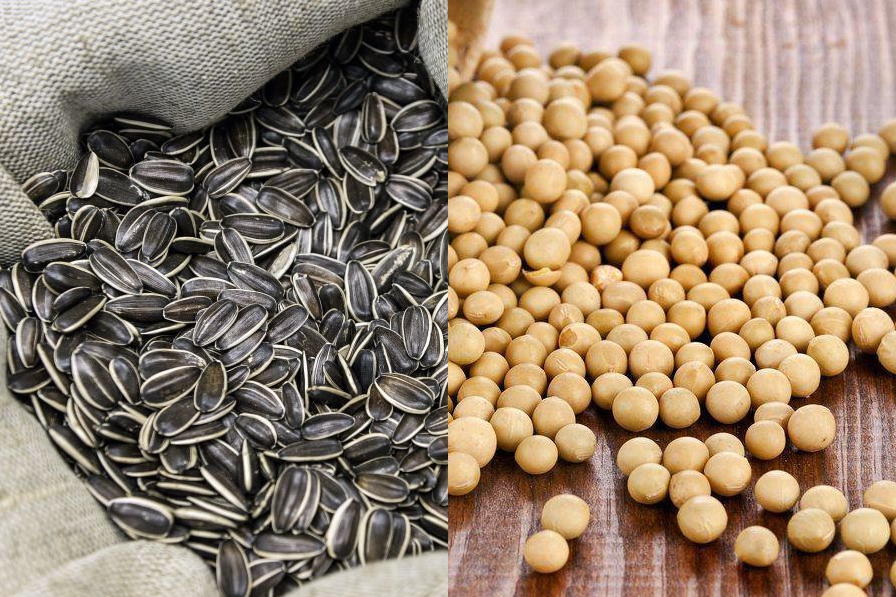USDA lowers 2022/23 global oilseed production forecast by 1M tonnes

The United States Department of Agriculture (USDA) has lowered its 2022/23 global oilseed production forecast by 1M tonnes due to reduced cottonseed, palm kernel, rapeseed and sunflowerseed crops.
In its Foreign Agricultural Service (FAS) Oilseeds: World Markets and Trade December report, the USDA lowered its worldwide oilseed production forecast to 644M tonnes.
However, the USDA raised its forecast for oilseed trade due to higher Ukraine sunflowerseed exports.
Global meal production was reduced marginally due to lower processing of Indonesian palm kernel, European Union (EU) soyabeans, and Ukrainian sunflowerseed despite higher crushing expectations for EU sunflowerseed.
The forecast for global oil production was lowered due to reduced Indonesian palm and palm kernel oil while expectations for global oil trade were reduced due to lower volumes of palm kernel oil, in addition to lower exports of Ukraine sunflowerseed oil and Canada rapeseed oil.
The projected US season-average farm price for soyabeans remained at US$14/bushel.
Meanwhile, record soyabean meal premiums in India had disrupted trade flows, the USDA said.
Driven by high domestic soyabean meal prices in 2021/22 and concerns from the domestic poultry industry about adequate supplies, the Indian government announced an additional tariff-rate quota (TRQ) of 550,000 tonnes for soyabean meal (to include genetically engineered meal) on 2 May. This was in addition to the TRQ of 650,000 tonnes introduced in August 2021.
“Total 2021/22 imports of soyabean meal reached 646,000 tonnes, almost triple the volume of the prior marketing year. Imports were attractive compared to high domestic prices for soyabean meal,” the report said.
India had sourced most soyabean meal imports from Argentina at an average US$227/ tonne, the USDA said, which compared to an average US$697/tonne for domestic supplies.
High domestic prices also had a negative impact on Indian exports in 2021/22. India has historically been a leading supplier of soyabean meal to the global market, principally to the EU, Nepal and the USA.
Meal imports in 2022/23 were forecast to decline and remain lower than the five-year average as domestic supplies were now trading at a discount to major global supplies.
In addition, the additional TRQ for soyabean meal imports had ended on 30 September with no indication that it would be extended, the USDA said.
Lower prices would raise Indian soyabean meal exports in 2022/23 by 65% compared to the previous year, putting them slightly below the five-year average, the report said.
Read also
Wheat in Southern Brazil Impacted by Dry Weather and Frosts
Oilseed Industry. Leaders and Strategies in the Times of a Great Change
Black Sea & Danube Region: Oilseed and Vegoil Markets Within Ongoing Transfor...
Serbia. The drought will cause extremely high losses for farmers this year
2023/24 Safrinha Corn in Brazil 91% Harvested
Write to us
Our manager will contact you soon



